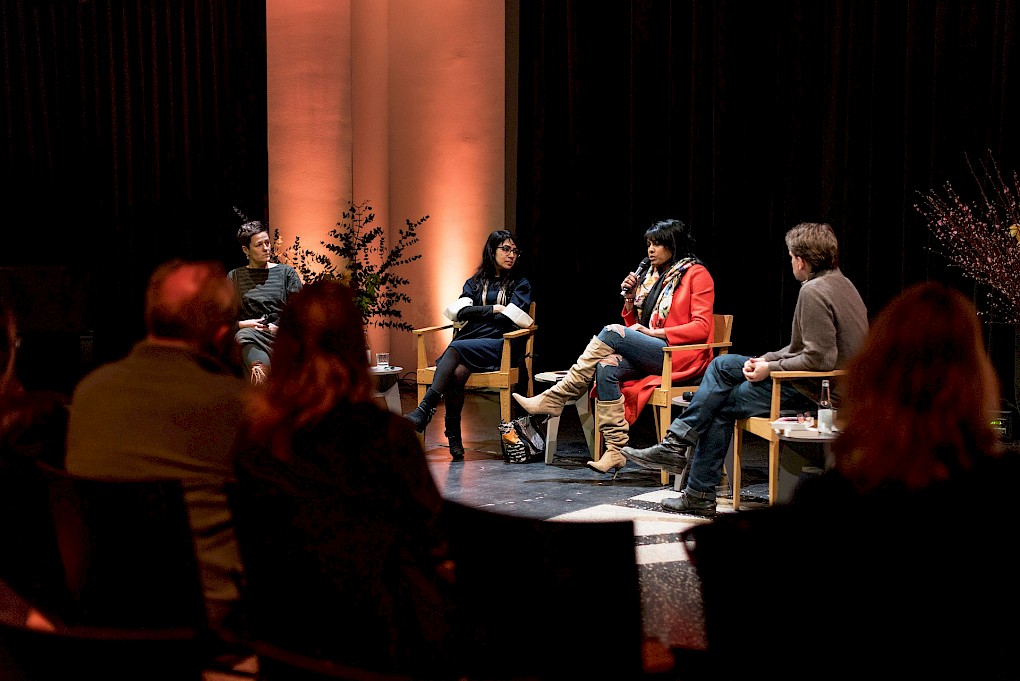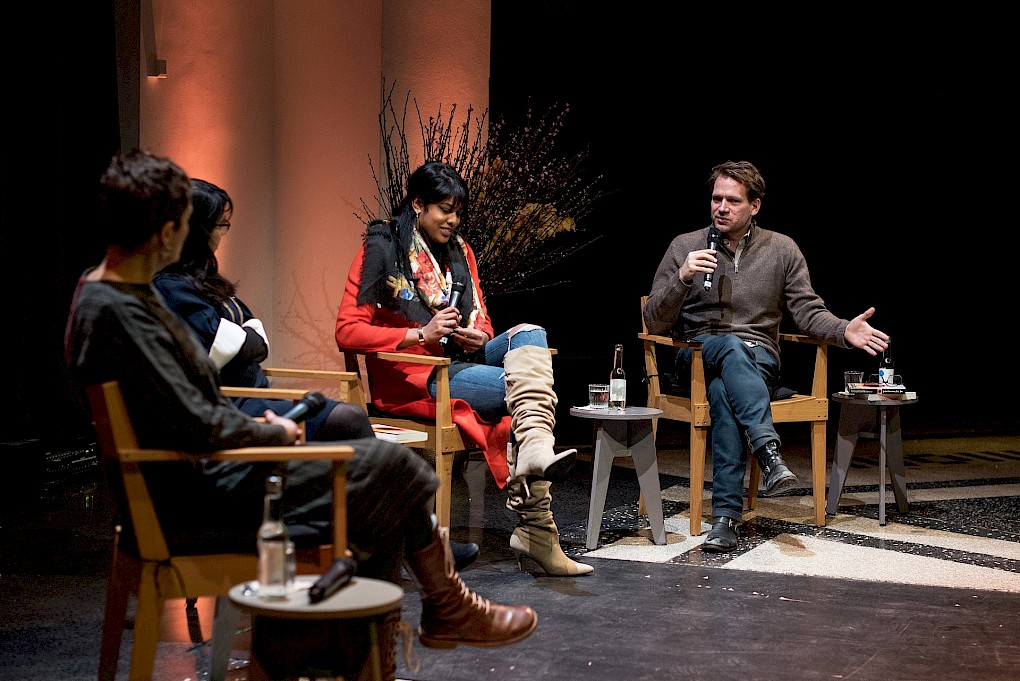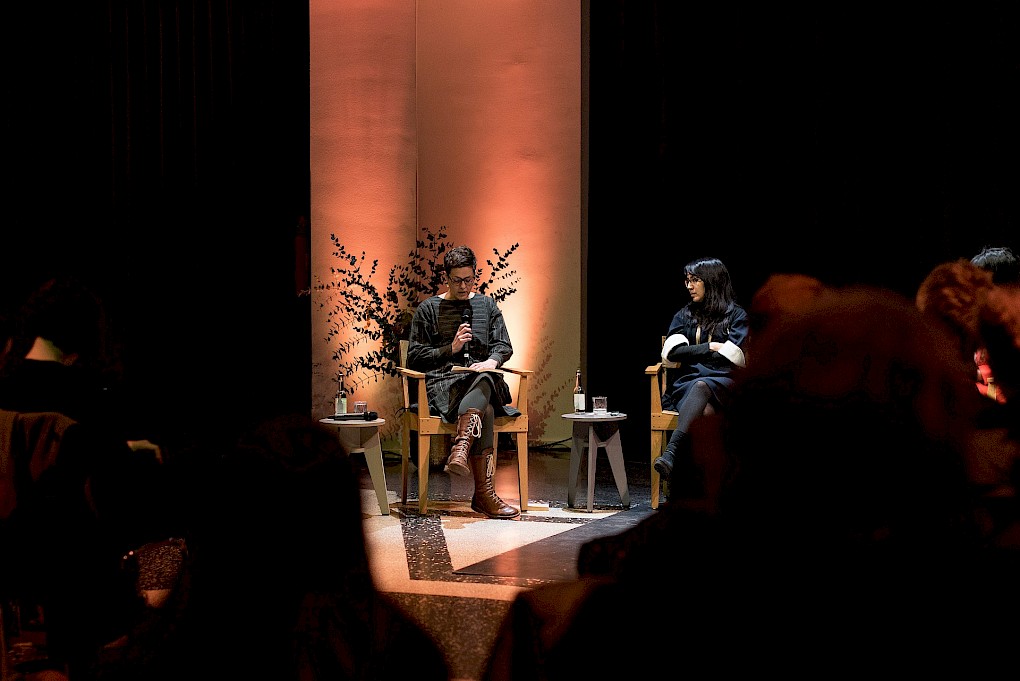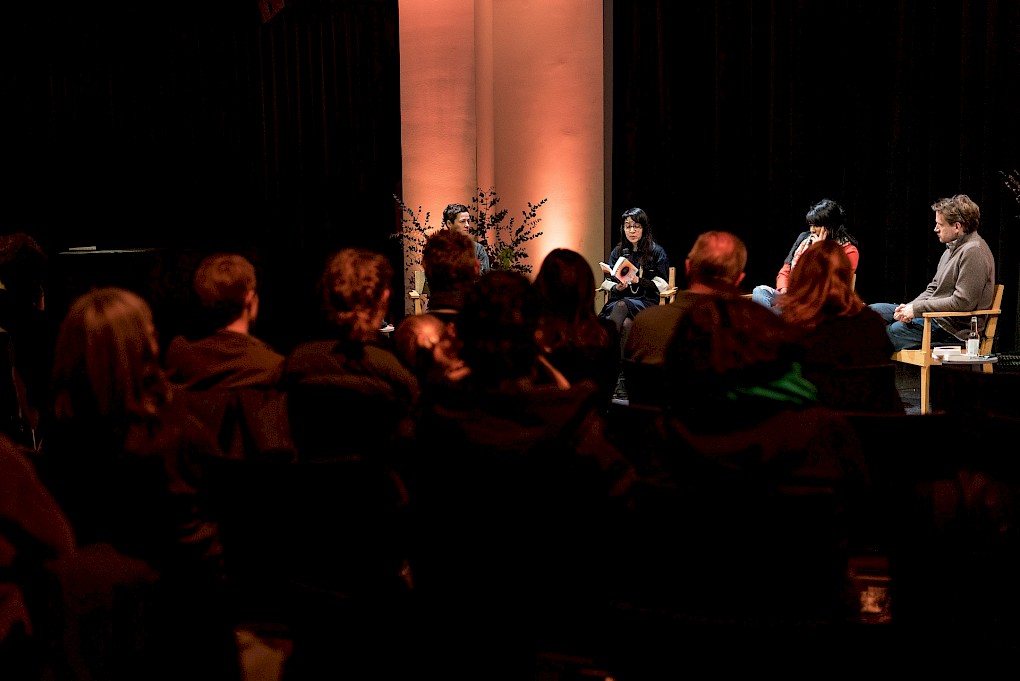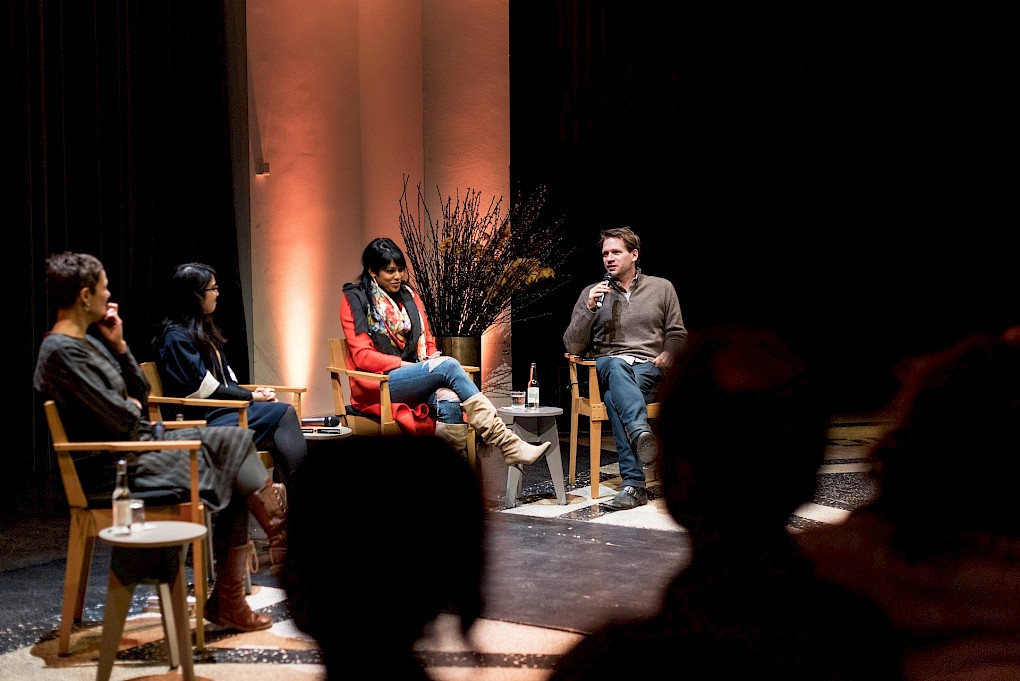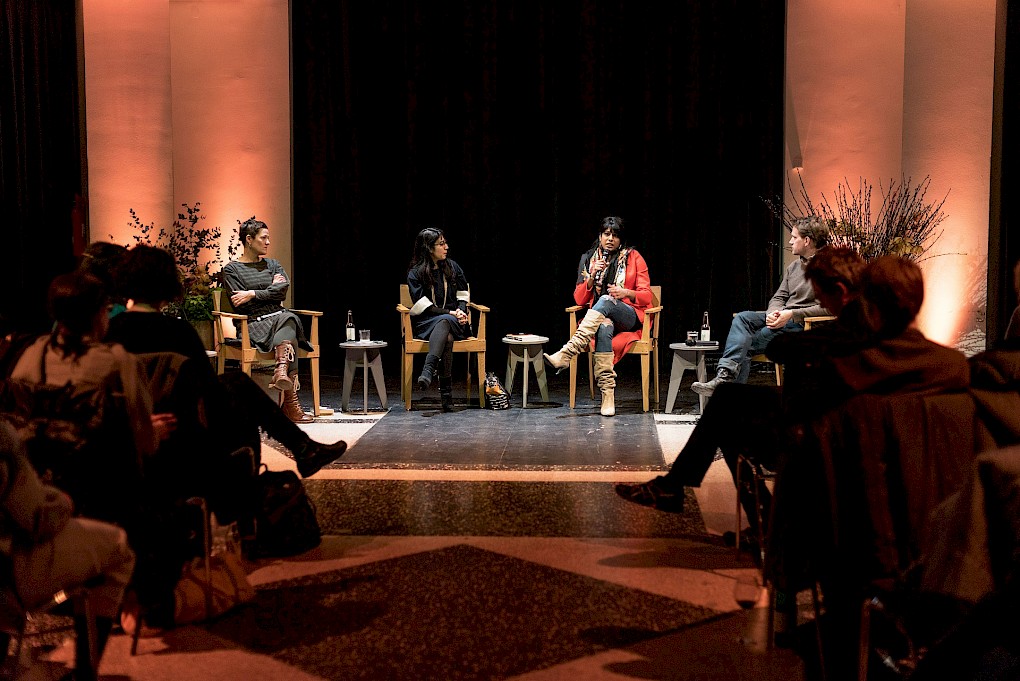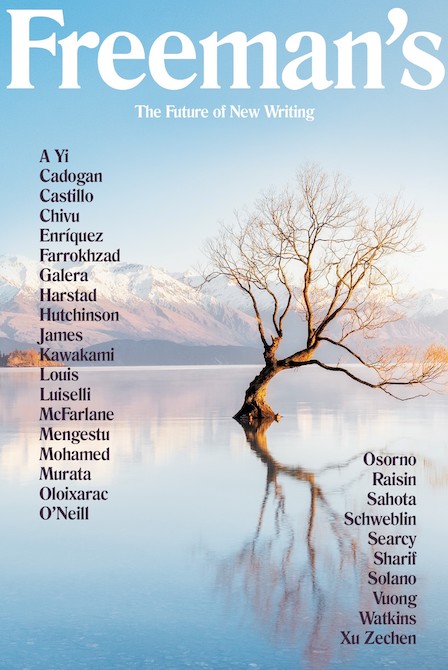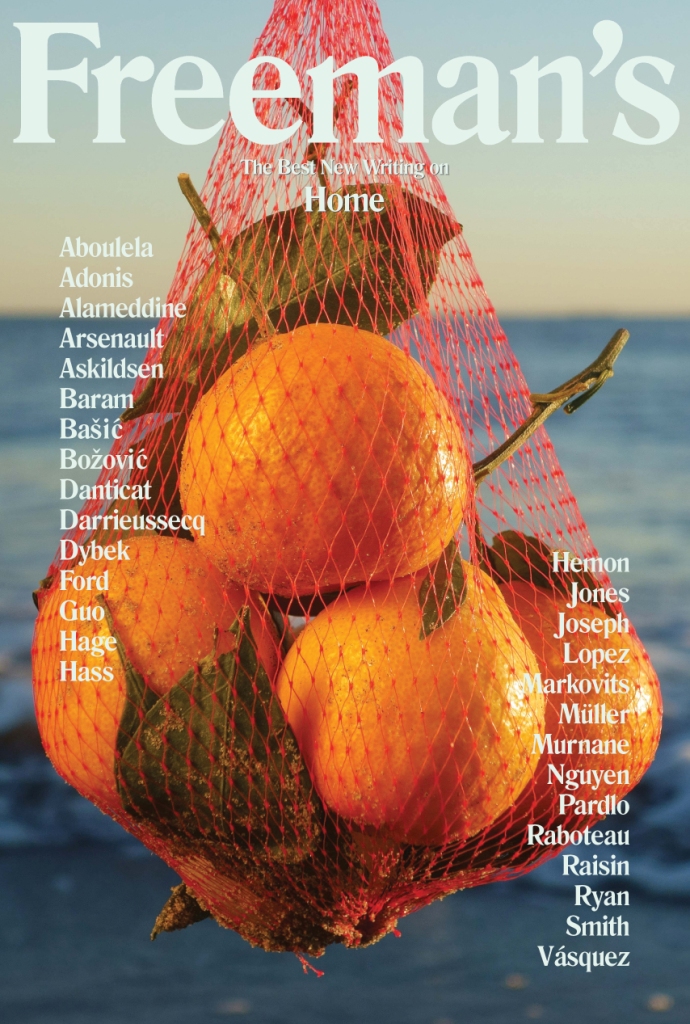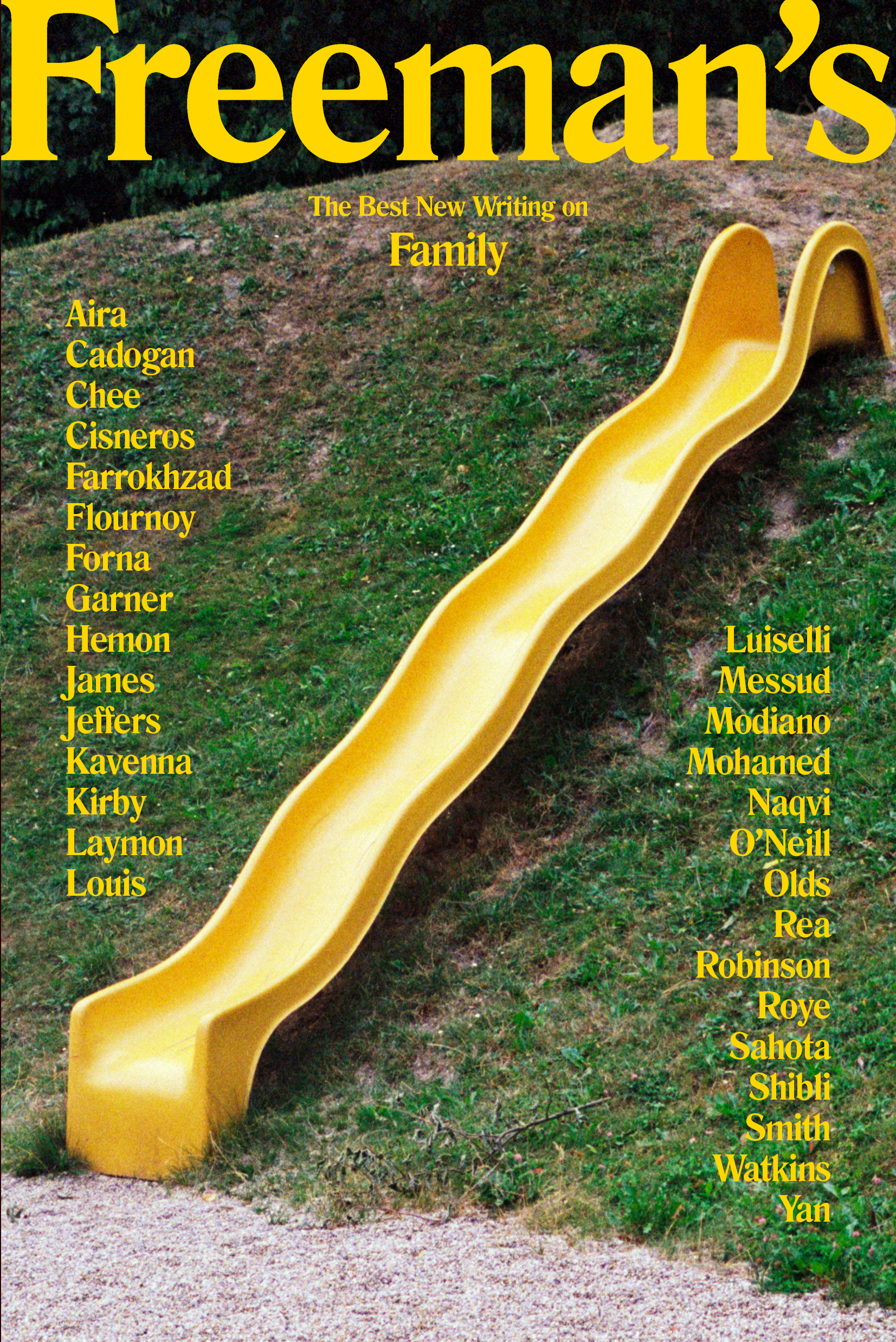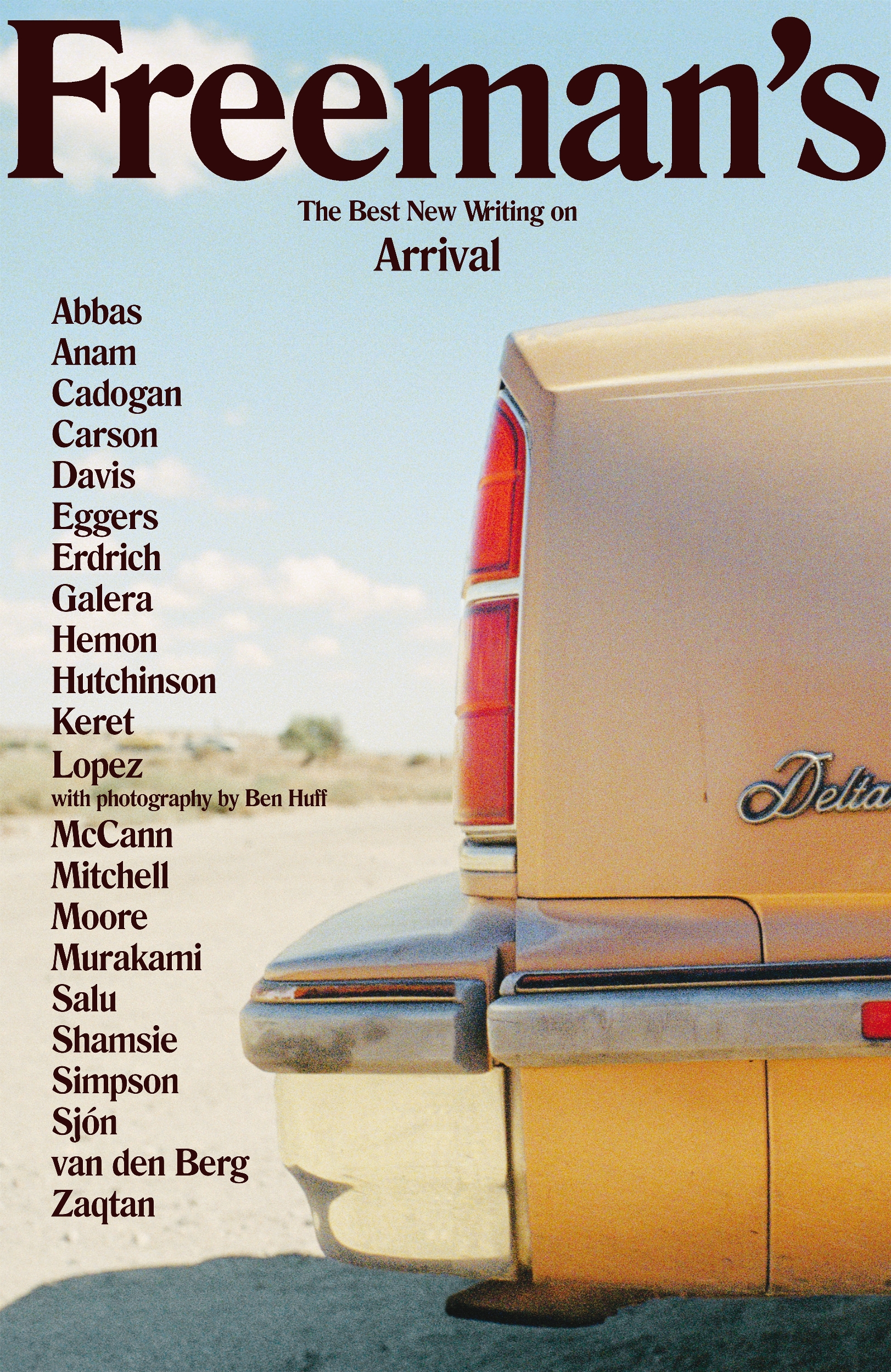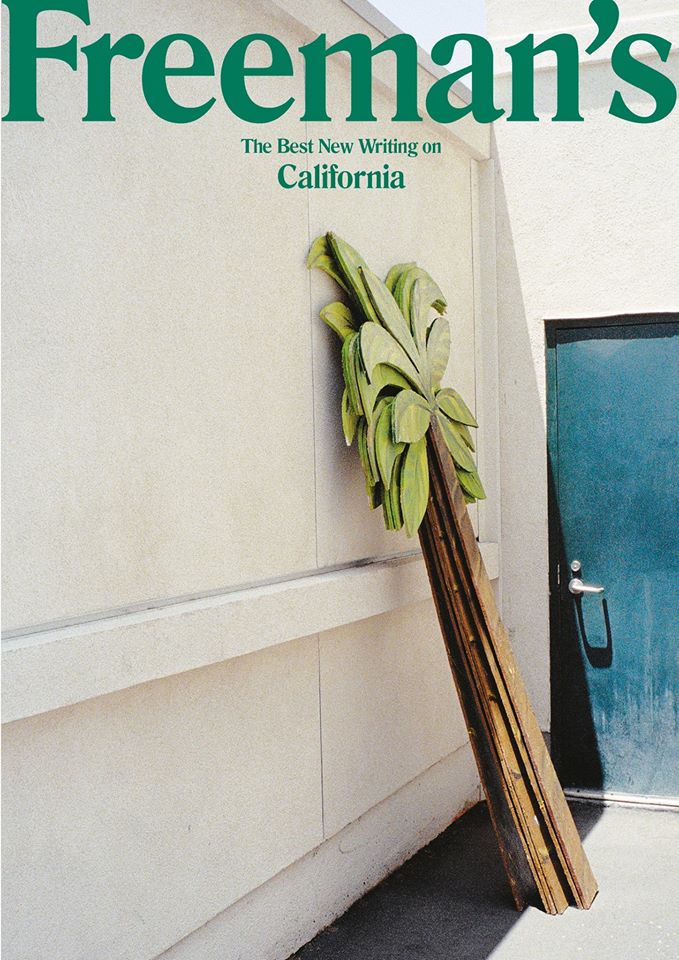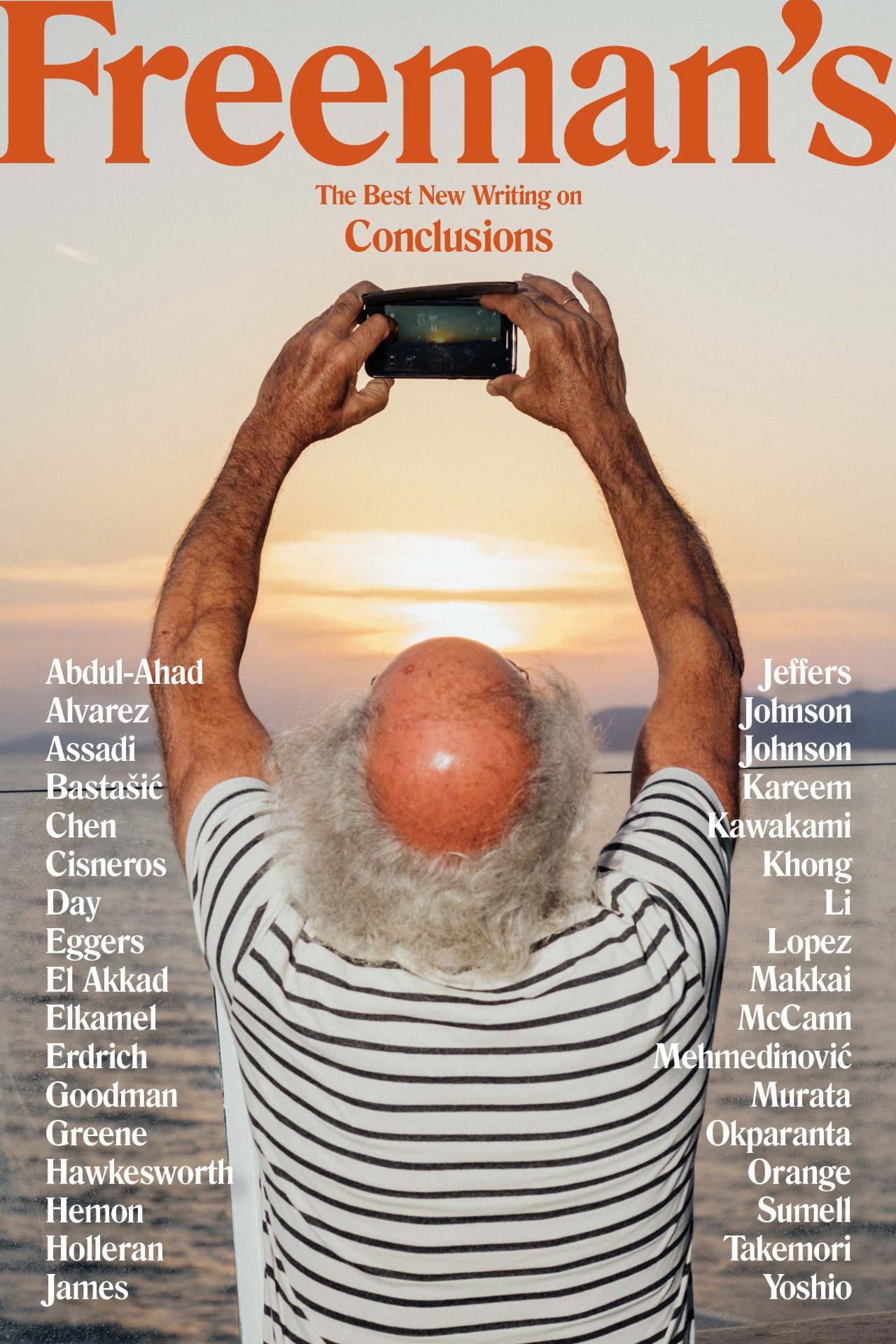Freeman’s N°5:
Power
Book Launch 18.01.2019 20:00
With John Freeman and guests: Nimmi Gowrinathan, Tahmima Anam and Rachel Seiffert
entrance Kuppelhalle at silent green Gerichtstraße 35 13347 Berlin
Language English
tickets 8€ (regular) 5€ (reduced) 15€ (combi with book)
in Collaboration with silent green Kulturquartier
From the voices of protestors to the encroachment of a new fascism, everywhere we look, power is revealed. Spouse to spouse, soldier to citizen, looker to gazed upon, power is never static: it is either demonstrated or deployed. Its hoarding is itself a demonstration. This thought-provoking issue of the acclaimed literary annual FREEMAN’S explores who gets to say what matters in a time of social upheaval.
The POWER issue gathers a first-rate roster of writers including new work by David Mitchell, Margaret Atwood, Édouard Louis, Aminatta Forna, Julia Alvarez, and many more around one of the critical issues of our time.
Margaret Atwood posits it is time to update the gender of werewolf narratives. Aminatta Forna shatters the silences which supposedly ensured her safety as a woman of color walking in public spaces. Power must often be seized. The narrator of Lan Samantha Chang’s short story finally wrenches control of the family’s finances from her husband only to make a fatal mistake. Meanwhile the hero of Tahmima Anam’s story achieves freedom by selling bull semen. Australian novelist Josephine Rowe recalls a gallery attendee trying to take what was not offered when she worked as a life-drawing model. Violence often results from power imbalances— Booker Prize winner Ben Okri watches power stripped from the residents of Grenfell Tower by ferocious neglect. But not all power must wreak damage. Barry Lopez remembers fourteen glimpses of power, from the moment he hitched a ride on a cargo plane in Korea to the glare he received from a bear traveling with her cubs in the woods, asking—do you plan me harm?
Featuring work from brand new writers Nicole Im, Jaime Cortez, and Nimmi Gowrinathan, as well as from some of the world’s best storytellers, including US poet laureate Tracy K. Smith, Franco-Moroccan writer Leïla Slimani, and Turkish novelist Elif Shafak, FREEMAN’S: Power escapes from the headlines of today and burrows into the heart of the issue.

Tahmima Anam is an anthropologist and novelist. Her debut novel, A Golden Age, won the 2008 Commonwealth Writers Prize for Best First Book. In 2013, she was named one of Granta’s Best of Young British Novelists. She is a Contributing Opinion Writer for The New York Times and a fellow of the Royal Society of Literature. In 2017, she was a recipient of the O. Henry Prize for her Freeman's story "Garments". Her latest novel, The Bones of Grace, is the story of a Palaeontologist searching for her own origins. Born in Dhaka, Bangladesh, she now lives in London.
Nimmi Gowrinathan is a Professor and the Founder of the Politics of Sexual Violence Initiative at The City College of New York, which examines the impact of rape on women's political identities. She teaches and directs the Beyond Identity program, which trains immigrant women to be activist-scholars, through a focus on identity-driven research and political writing. Her writing and work can be found at www.deviarchy.com.
Rachel Seiffert has published four novels, A Boy in Winter, The Dark Room, Afterwards, and The Walk Home, and an acclaimed collection of short stories, Field Study. Her novels have been shortlisted for the Booker Prize, and longlisted three times for the Women’s Prize for Fiction. In 2003, she was named one of Granta's Best of Young British Novelists, and in 2011 received the EM Forster Award from the American Academy of Arts and Letters. Rachel has been visiting tutor at Goldsmiths College (University of London), Glasgow University and Spalding University in the USA, amongst others. She lives in London with her family.
John Freeman was the editor of Granta until 2013. His books include How to Read a Novelist, Tales of Two Cities, Tales of Two Americas, and Maps, his debut collection of poems. He is executive editor at the Literary Hub and teaches at the New School and New York University. His work has appeared in the New Yorker and the Paris Review and has been translated into twenty languages.
